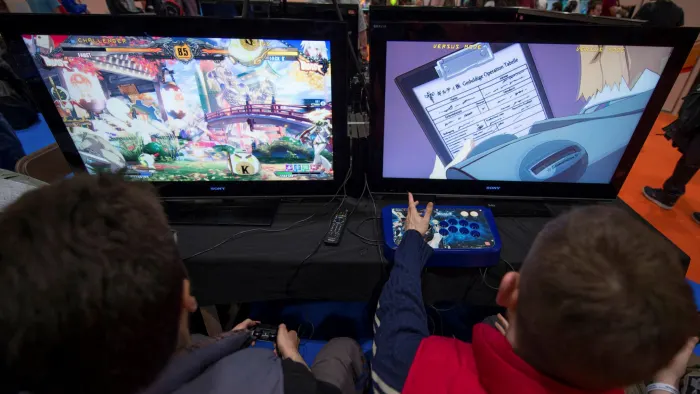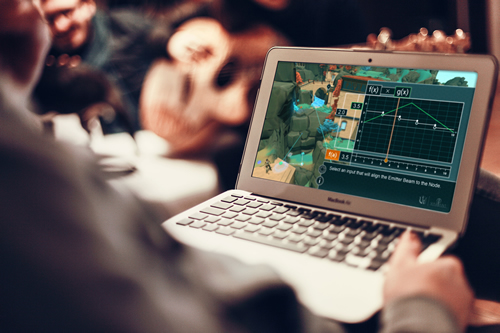The technological advancement in the world has had an impact on every aspect of human life. Almost everything revolves around technology in the current world, and the educational system has not been left behind. On the contrary, the advancement in the education system has been felt even better now because of the new perspective on the importance of video games for students.
Initially, games were only seen as a way to waste time or refreshment after work or studies. Because of this, students missed all deadlines for performing school duties. But then they resort to the help of essay writers for hire. Such writers are in high demand these days as more and more students are looking for ways to improve their grades. However, over time, the discoveries in technology such as AI, nanotechnology, and automation have developed a new demand for skills by companies from their employees. Therefore, this stands as a new challenge to the educational systems from basic to tertiary level to up their learning processes and equip learners with hands-on skills to march the job market.

As learning keeps up with the fast-paced world’s innovations, the drastic impact on the key metrics such as social-emotional learning, attendance, and academic performance demands engagement maintenance. This is crucial but difficult in classrooms except when learning is integrated with video games.
Excellent video games are an incredible and effective way to capture students’ attention by converting an extrinsic reward into an intrinsic inspiration. If school is to be made relevant and enjoyable for the current generation, the system must learn to leverage playing video games for the benefit of students.
Here are five ways and insights on how video games can boost classroom learning, compiled by essay writer grademiners.
Games Boost Foundational Psychological Requirements for Students

The incorporation of gaming into learning does not translate to students spending more time on their screens. However, gamification, a concept borrowed from the application of games to a non-gaming environment, can rewire and shore up social dynamics in the classrooms if applied well.
Games foster important psychological demands. Students play to explore and act independently while making decisions on each step to meet certain goals in the games. Mostly, the kids play through challenging each other in the games for competency, consistent feedback, and social interaction. These are some valuable concepts that schools reinvent for a great experience and making learning more effective.
It is impossible to ignore the impact of technology on our lives- not when it is already a part of our daily lives and future. However, technological aspects of video games can be well integrated into the physical and virtual academic learning methods to empower learners.
Games Improve a Student’s Social Interaction

Games are an integral part of making a student more socially interactive with others. For instance, a company such as Google found out that SEL skills impact students’ academic excellence than mastering STEM Educational subjects. This is a significant reason for investing it in students’ learning.
Games are more of a collaboration. It does not matter if you are playing against a real-life player or another person in your team. Still, the navigation and finding solutions to the underlying challenges posed by the games provide a real character in a student. Furthermore, grademiners students who are more into playing pro-social games are likely to help another and more cooperative in a project setting to achieve the desired goal than others.
Also, according to the University of Glasgow, it was observed that a student who plays video games have significant improvements in their communication, adaptability and being resourceful. These are among the most key competencies for a student’s development, even at a professional level.
Good Video Games Boost Academic Excellence

When a game is very easy or even hard, one will deem it demotivating. However, every game should pose a challenge to its player to offer a zone for development. It makes a student achieve a flow of doing things systematically with an eye to the final goal. Actively, it makes them productive by fostering the same state of mind even in academic tasks or exams.
Based on research by the international journal of communication, it was discovered that a teenager playing games performs better in mathematics and sciences. The same is the case with their learning, as they tend to improve throughout their studies. You may also find the 2021 Updated Review on Top-Rated Academic Writing Services this interesting to check.
In conclusion, the impact of games, especially video games, virtually applied in the classroom settings is an integral part of students’ current learning. With the current generation losing their focus in a short period, games are the perfect solution. Apart from the three concepts that highlight the importance of games, an educational institution can do more for its students, even for recreational purposes.
Article by Jessica Nita
